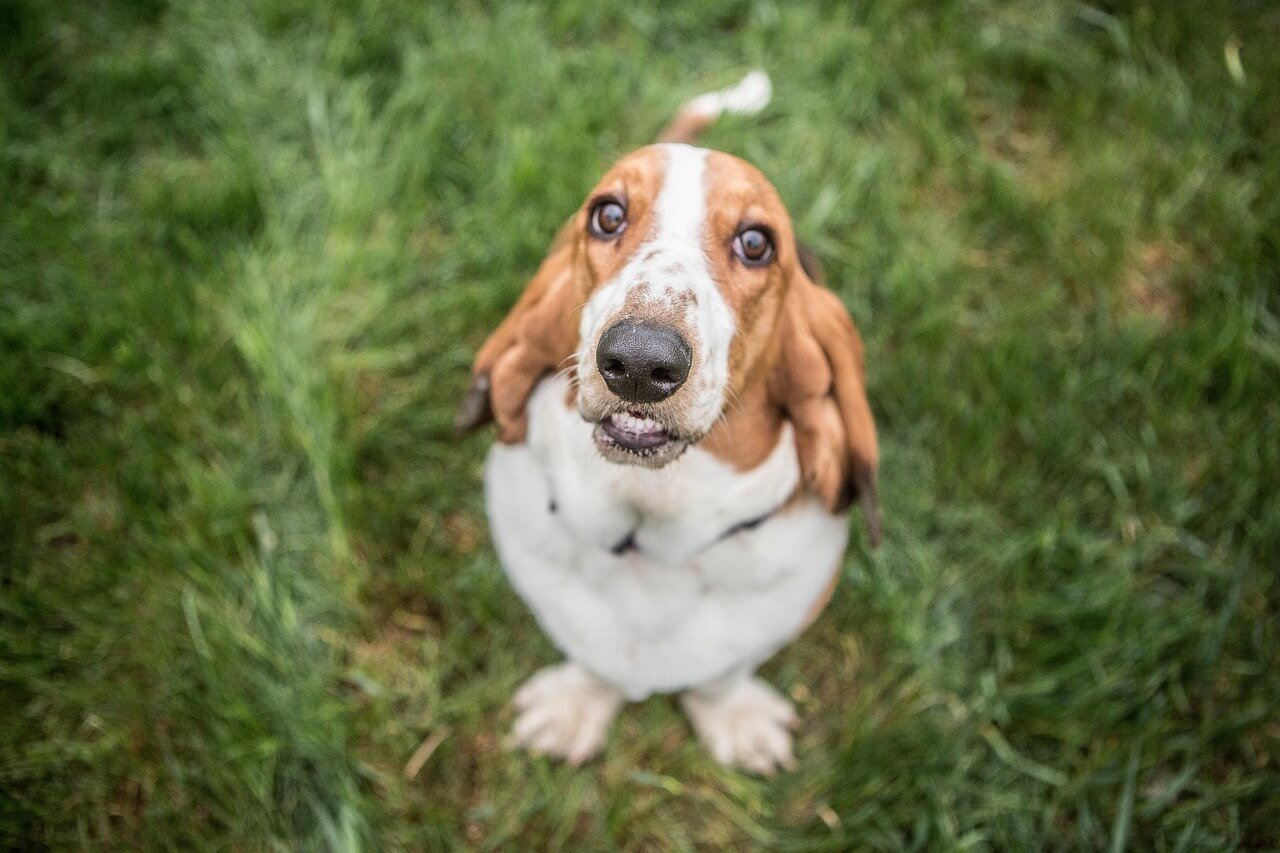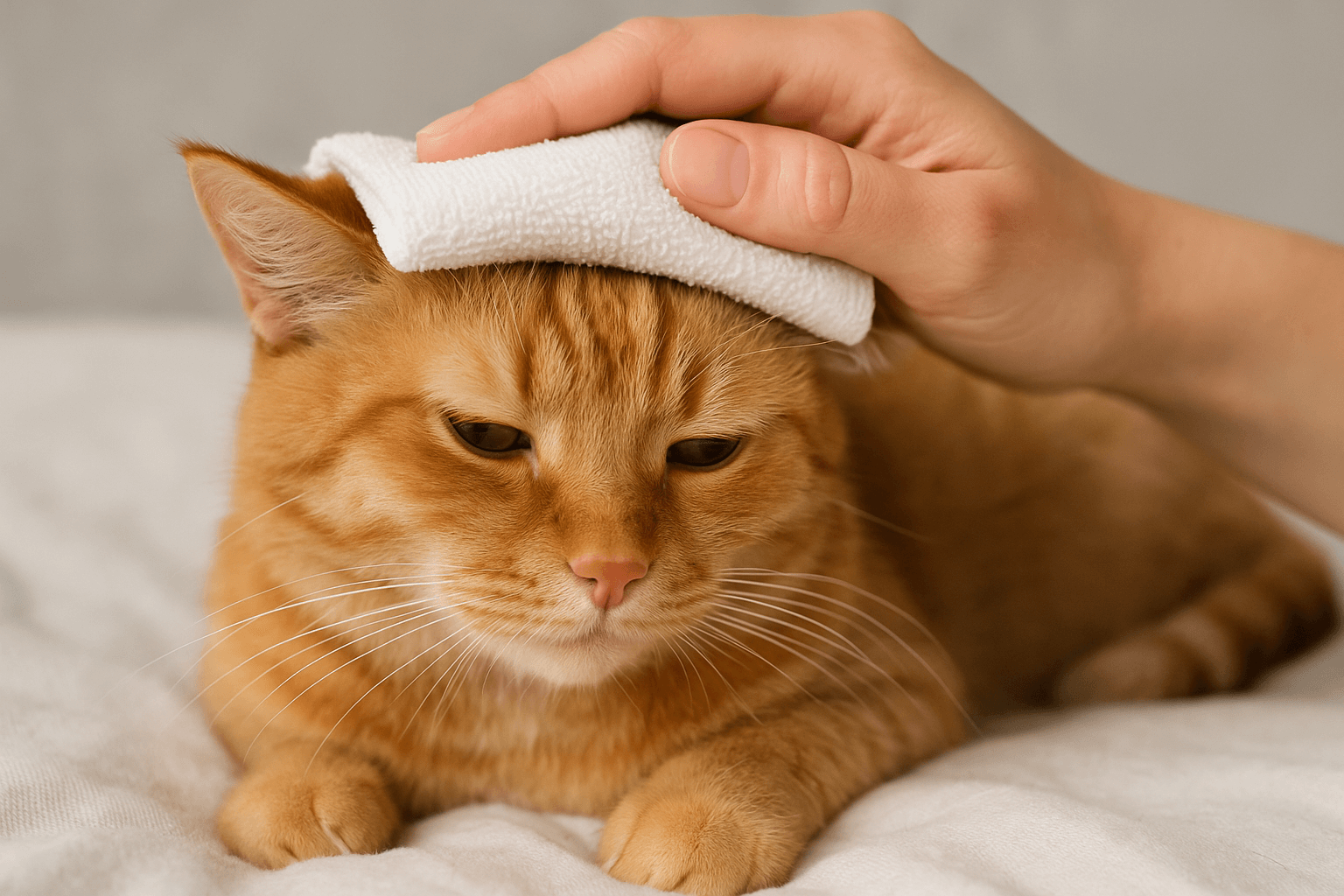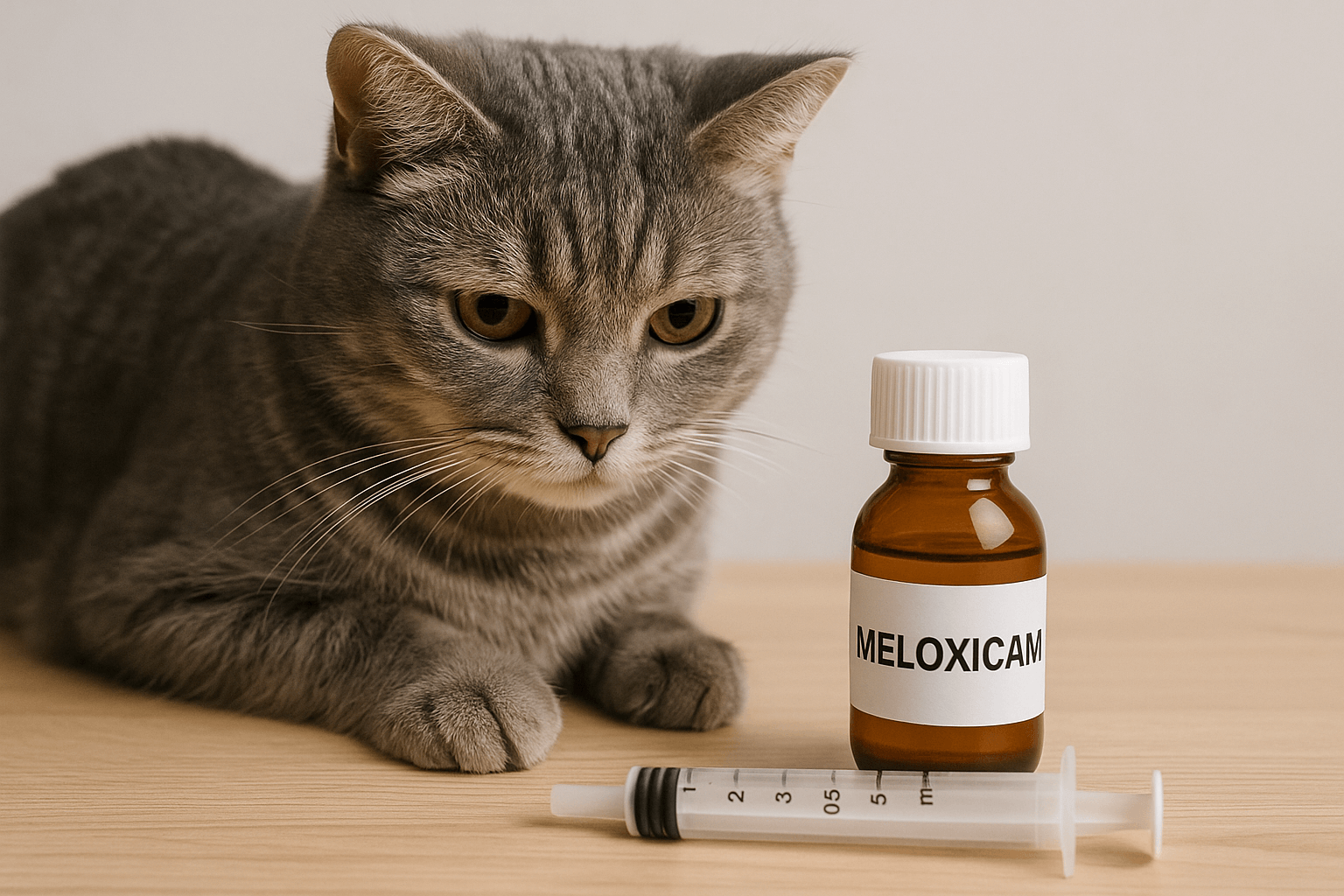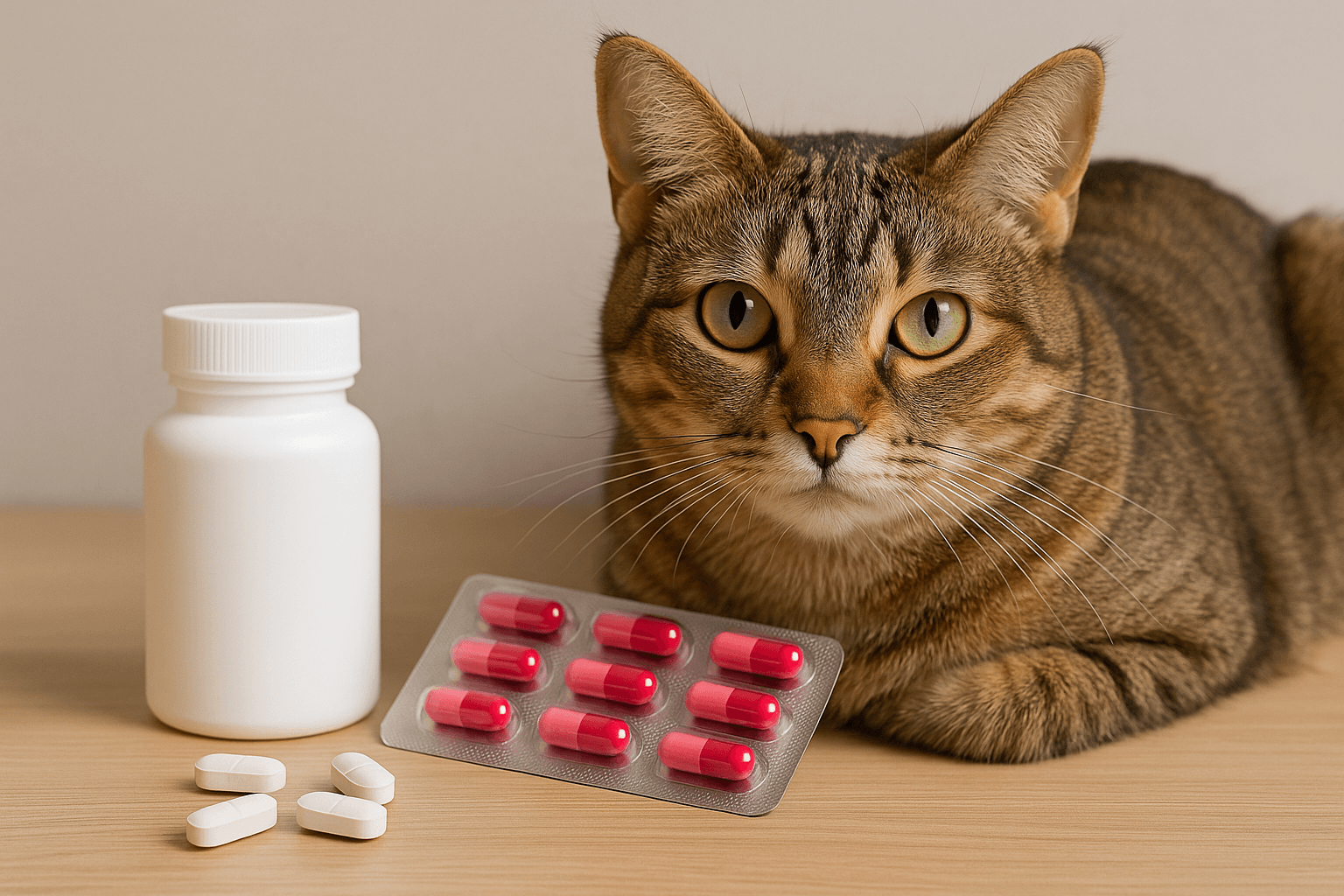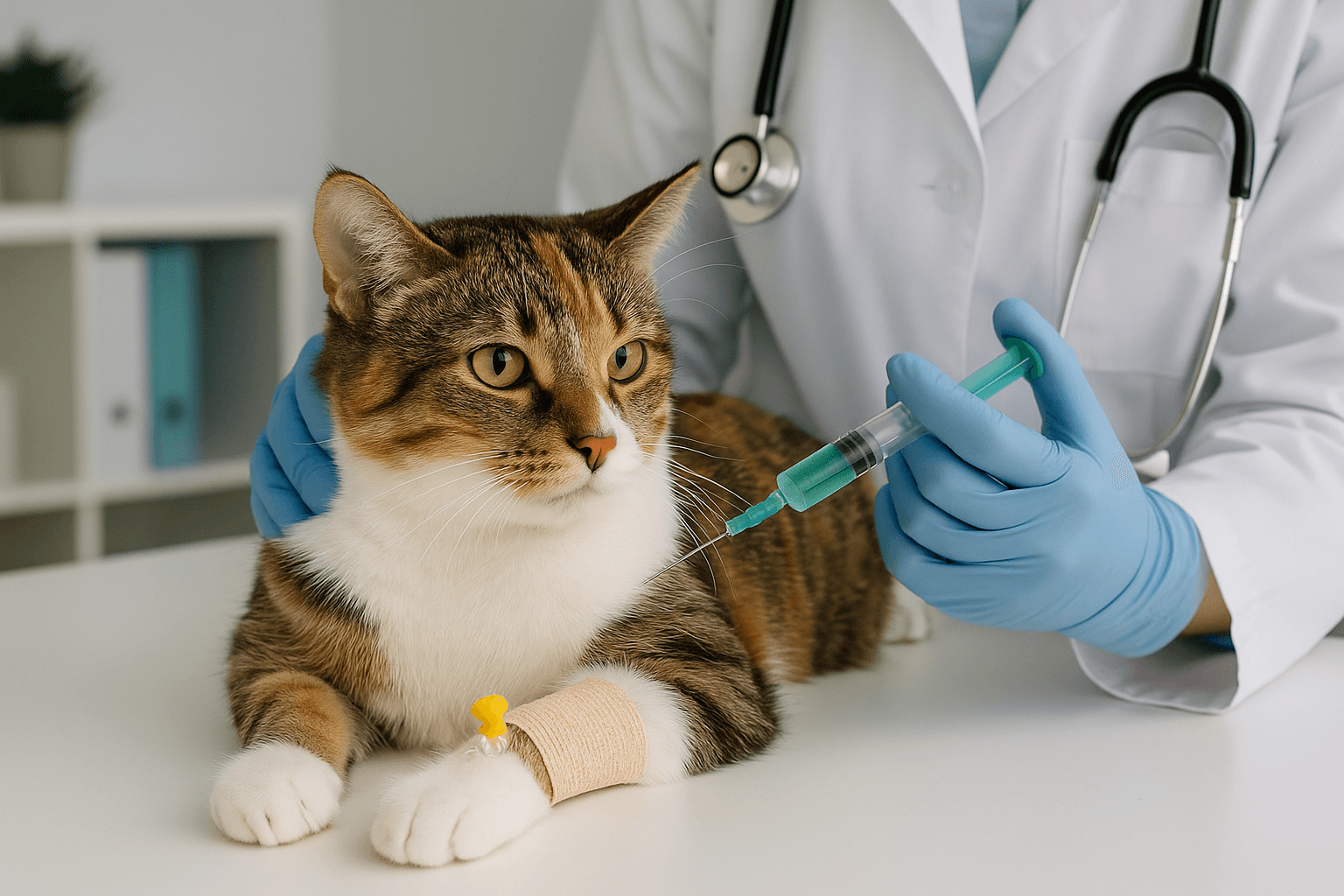Dog Itchy Bum After Grooming: Causes, Solutions, and Prevention
It’s not uncommon for dog owners to notice their furry friend scooting or scratching their bum after a grooming session. While grooming is meant to keep your dog clean, comfortable, and healthy, an itchy bum can sometimes occur afterward, leaving both you and your pup feeling puzzled. This discomfort can stem from a variety of causes, ranging from skin irritation to underlying health issues. In this blog post, we’ll explore why dogs may experience an itchy bum after grooming, how to address the issue, and steps you can take to prevent it in the future. Whether you’re a seasoned dog owner or new to pet care, understanding this common concern will help ensure your dog stays happy and itch-free.
Common Causes of an Itchy Bum After Grooming
When your dog shows signs of discomfort around their rear end after grooming, it’s essential to identify the root cause. Several factors could contribute to this issue, and understanding them will help you address the problem effectively.
Skin Irritation:
Shampoos or grooming products containing harsh chemicals can irritate your dog’s sensitive skin, leading to itching and discomfort.Improper Drying:
If your dog isn’t dried thoroughly after a bath, moisture trapped in their fur can create an environment for bacteria or yeast growth, causing irritation.Anal Gland Issues:
Grooming can sometimes disturb the anal glands, leading to inflammation or discomfort that makes your dog feel itchy.Allergic Reactions:
Some dogs may have allergies to specific grooming products, fragrances, or even the materials used during grooming (e.g., towels).Fleas or Parasites:
Fleas or other parasites may be introduced during grooming if proper hygiene protocols aren’t followed, causing intense itching.
By identifying the specific cause of your dog’s itchy bum, you can take targeted steps to alleviate their discomfort and prevent future occurrences. Remember, every dog is unique, so what works for one may not work for another.
How to Soothe Your Dog’s Itchy Bum After Grooming
If your dog is experiencing an itchy bum after grooming, there are several ways to provide relief. These solutions focus on calming irritation and addressing any underlying issues that may be contributing to the problem.
Use a Hypoallergenic Shampoo:
Switch to a gentle, hypoallergenic shampoo designed for sensitive skin to minimize irritation during future grooming sessions.Apply a Soothing Ointment:
Use a vet-recommended ointment or balm to reduce redness and soothe irritated skin around the bum area.Check Anal Glands:
If your dog is scooting or licking excessively, consult your veterinarian to check for impacted or inflamed anal glands.Keep the Area Dry:
Ensure your dog’s bum area is completely dry after grooming to prevent moisture-related irritation or infections.Monitor for Allergies:
Watch for signs of allergic reactions, such as redness or swelling, and eliminate potential triggers like scented grooming products.
Taking these steps can help alleviate your dog’s discomfort and ensure they feel better quickly. Always consult your veterinarian if symptoms persist or worsen.
Check this guide 👉How Long Will My Dog Itch After Flea Treatment? Best 7 Tips!
Check this guide 👉Does Baking Soda Help Dogs Itchy Skin? Best 7 Health Tips!
Check this guide 👉Why Does My Dog Have Itchy Eyes? Best 7 Tips!
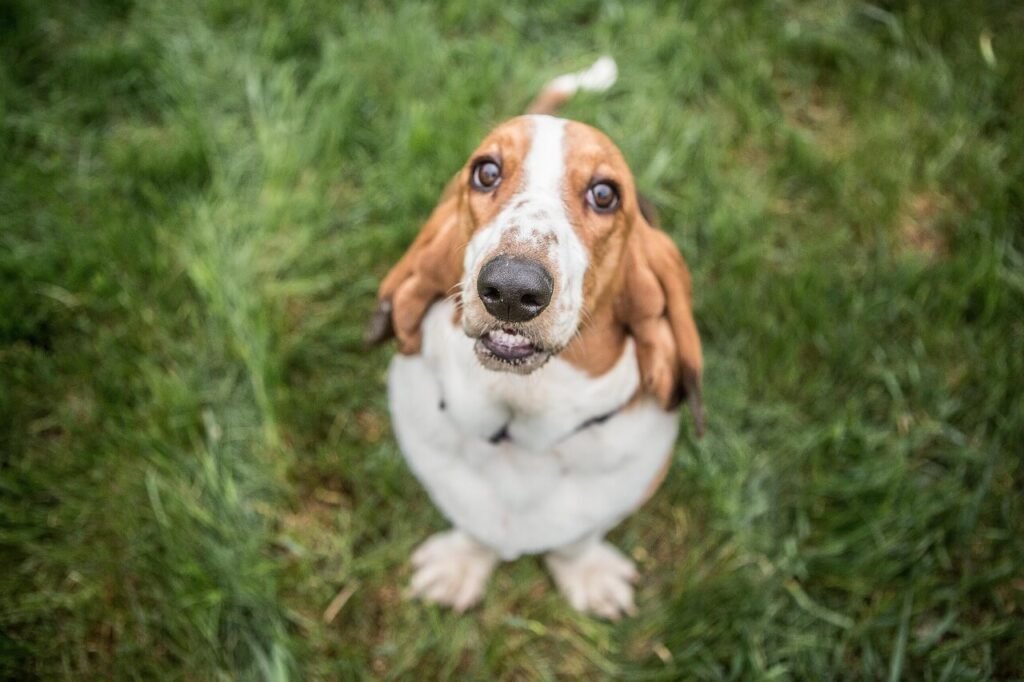
Preventive Measures | Solutions for Itchy Bum |
|---|---|
Use hypoallergenic grooming products | Apply soothing ointments or balms |
Thoroughly dry your dog after grooming | Check anal glands for issues |
Regularly inspect for fleas or parasites | Keep the bum area clean and dry |
Avoid over-bathing your dog | Monitor for signs of allergies |
Maintain a consistent grooming routine | Consult a vet for persistent symptoms |
Signs That Indicate More Than Just an Itchy Bum
While occasional itching after grooming is normal, certain signs may indicate a more serious underlying issue. Pay attention to these symptoms to determine whether further action is needed.
Excessive Licking or Chewing:
If your dog is obsessively licking or chewing their bum, it could signal an infection or severe irritation.Redness or Swelling:
Visible redness or swelling around the bum area may indicate an allergic reaction or infection.Foul Odor:
A strong, unpleasant smell near the bum could suggest an anal gland issue or bacterial infection.Behavioral Changes:
If your dog seems unusually restless, lethargic, or irritable, it may be a sign of discomfort beyond just itching.Hair Loss or Scabs:
Noticeable hair loss or scabbing around the bum area could point to a skin condition requiring veterinary attention.
Recognizing these signs early can help you address potential problems before they escalate. When in doubt, always seek professional advice from your veterinarian.
Tips for Choosing the Right Groomer
Selecting the right groomer plays a crucial role in preventing issues like an itchy bum after grooming. Here are some tips to ensure your dog receives safe and comfortable grooming services.
Ask About Products Used:
Inquire about the shampoos, conditioners, and other products the groomer uses to ensure they’re safe for your dog’s skin.Check for Certifications:
Choose a groomer with proper certifications and training to ensure they follow best practices for pet care.Observe Hygiene Standards:
Visit the grooming facility beforehand to ensure it’s clean and well-maintained, reducing the risk of contamination.Request a Patch Test:
Ask the groomer to perform a patch test with new products to check for allergic reactions before full application.Read Reviews and Recommendations:
Look for reviews or ask for recommendations from other pet owners to find a reputable and trustworthy groomer.
Taking the time to choose the right groomer can make all the difference in ensuring your dog’s grooming experience is positive and stress-free.
Home Remedies for an Itchy Bum
If you’re looking for natural ways to soothe your dog’s itchy bum, consider these home remedies. Always consult your vet before trying new treatments.
Oatmeal Bath:
An oatmeal bath can help calm irritated skin and reduce itching. Grind oats into a fine powder and mix with warm water.Coconut Oil:
Applying a small amount of coconut oil to the affected area can moisturize the skin and reduce inflammation.Aloe Vera Gel:
Pure aloe vera gel has soothing properties that can relieve itching and promote healing.Baking Soda Paste:
Mix baking soda with water to create a paste and apply it to the irritated area to reduce redness and itching.Chamomile Tea Rinse:
Brew chamomile tea, let it cool, and use it as a rinse to soothe irritated skin.
These home remedies can provide temporary relief, but always monitor your dog’s condition and consult a vet if symptoms persist.
Breeds Prone to Skin Sensitivities
Some dog breeds are more prone to skin sensitivities, making them more likely to experience an itchy bum after grooming. Here are a few examples.
Bulldogs:
Known for their sensitive skin, Bulldogs may react strongly to harsh grooming products.Poodles:
Poodles have curly coats that require frequent grooming, increasing the risk of irritation if products aren’t suitable.Shih Tzus:
Their long fur and sensitive skin make Shih Tzus prone to itching and irritation.Boxers:
Boxers often have allergies or skin conditions that can be exacerbated by grooming.Golden Retrievers:
With thick coats, Golden Retrievers may struggle with moisture retention, leading to skin issues.
Understanding breed-specific sensitivities can help you tailor your grooming routine to your dog’s needs.
Importance of Regular Anal Gland Checks
Regular anal gland checks are essential for preventing discomfort and itching after grooming. Here’s why they matter.
Prevents Impaction:
Regular checks help prevent anal glands from becoming impacted, which can lead to pain and itching.Reduces Risk of Infection:
Monitoring anal glands reduces the risk of infections that can cause discomfort and foul odors.Promotes Overall Health:
Healthy anal glands contribute to your dog’s overall well-being and hygiene.Avoids Scooting Behavior:
Addressing anal gland issues early can stop your dog from scooting, which can damage their skin.Enhances Grooming Experience:
Ensuring anal glands are healthy makes grooming sessions smoother and less stressful for your dog.
By prioritizing anal gland health, you can prevent many issues related to an itchy bum and ensure your dog remains comfortable and happy.
Frequently Asked Questions About Dog Itchy Bum After Grooming
Why does my dog have an itchy bum after grooming?
It could be due to skin irritation, improper drying, anal gland issues, allergies, or exposure to fleas/parasites.
How can I prevent my dog’s bum from getting itchy after grooming?
Use hypoallergenic products, ensure thorough drying, and maintain regular inspections for fleas or skin issues.
Should I take my dog to the vet for an itchy bum?
Yes, if symptoms persist, worsen, or are accompanied by redness, swelling, or foul odors, consult your vet.
Can grooming products cause an itchy bum?
Yes, harsh or scented products can irritate your dog’s skin, leading to itching and discomfort.
How often should I groom my dog to avoid skin issues?
The frequency depends on your dog’s breed and coat type, but generally, grooming every 4-6 weeks is recommended.
Final Thoughts: Keeping Your Dog Comfortable After Grooming
An itchy bum after grooming can be frustrating for both you and your dog, but with the right knowledge and preventive measures, you can minimize the risk of discomfort. By choosing the right products, maintaining good hygiene, and monitoring your dog’s behavior, you can ensure a smooth and enjoyable grooming experience. Remember, your dog’s comfort and health should always come first. If you ever have doubts or concerns, don’t hesitate to consult your veterinarian for guidance. With patience and care, you can keep your furry friend happy, healthy, and itch-free.
Cat Fever Treatment: Best 7 Expert Tips! Discover expert advice on identifying, managing, and treating fever in cats to ensure their quick recovery and well-being.
Understanding Meloxicam for Cats: Best 7 Expert Tips! Learn how to safely administer meloxicam, manage side effects, and ensure your cat's comfort with expert advice on feline pain relief.
Amoxicillin for Cat UTI: Best 7 Expert Tips! Discover safe usage, dosage guidelines, and expert advice on treating feline urinary tract infections effectively with amoxicillin.
Understanding Cat Cancer Treatment: Best 7 Expert Tips! Discover expert advice on managing feline cancer, from early detection to treatment options, ensuring your cat’s health and comfort.

